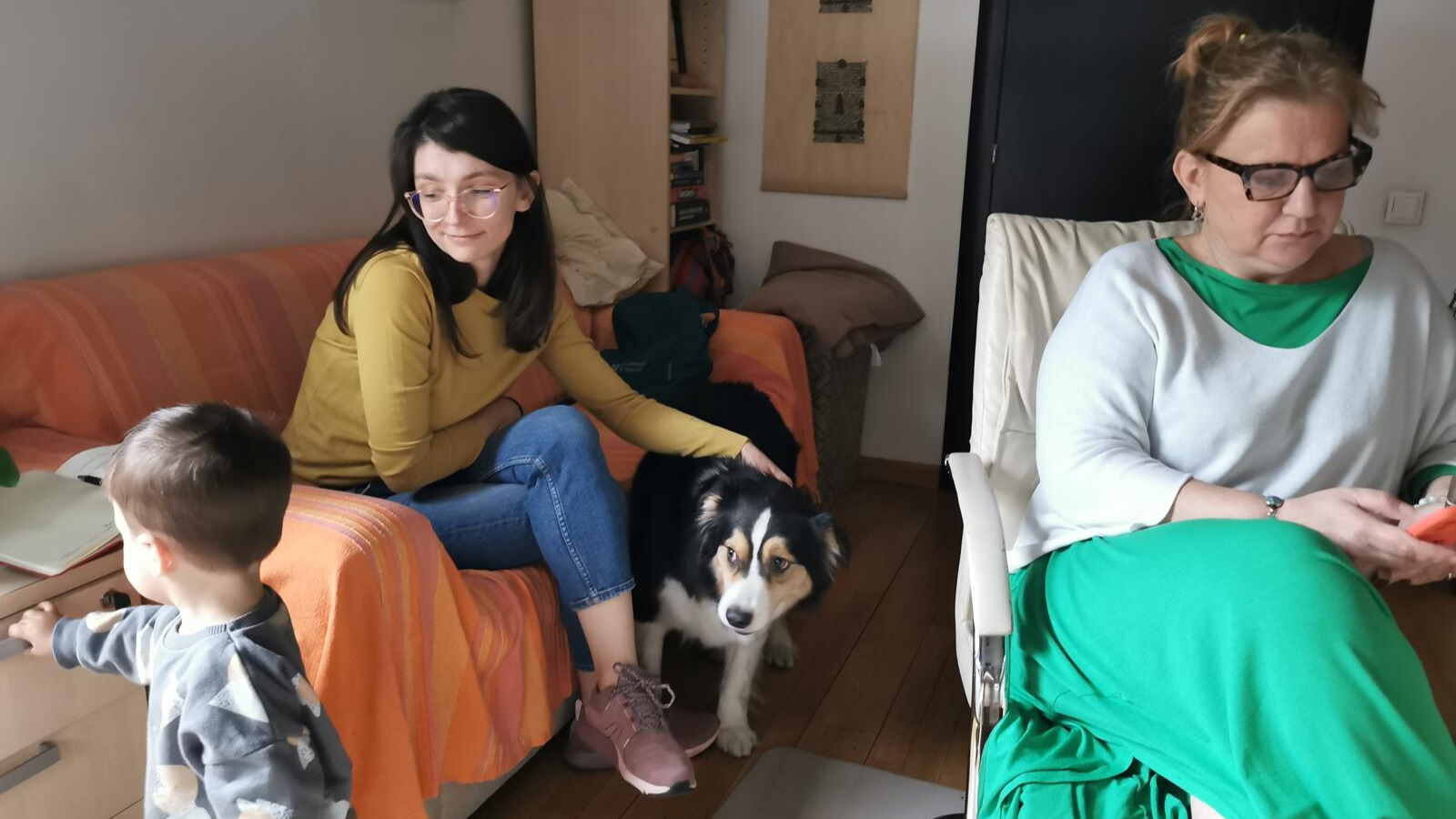
The film industry is notorious for its demanding schedules, high-pressure environments, and unpredictable working hours. In Romania, where the arthouse cinema scene thrives on passion and dedication, professionals often find themselves navigating the complex balance between their careers and personal lives. As a leading player in the Romanian independent film scene, we at microFILM have faced this struggle firsth and and continue to work actively to overcome it.
The Nature of the Industry
Filmmaking is an all-consuming profession. Whether it’s long hours on set, late-night editing sessions, or last-minute funding negotiations, the industry demands constant availability. Producers, directors, and crew members often have to sacrifice personal time to meet tight deadlines, travel for festivals, and ensure that artistic and financial goals are met. This reality can lead to burnout, strained relationships, and mental health challenges, particularly for those working in independent and arthouse cinema, where budgets are limited and passion often fills the gaps left by financial constraints.
microFILM’s Approach to Work-Life Balance
Flexible Work Models
While the nature of production schedules often requires intense bursts of work, microFILM encourages flexible work arrangements whenever possible. Remote work and adaptable schedules help team members balance personal obligations during all production phases. The company acknowledges each individual’s needs and how different they might be from each other.
Prioritizing Mental Health
The pressures of constant deadlines and high expectations can lead to significant stress and exhaustion. microFILM supports its team members in seeking mental health care and encourages open discussions about burnout and emotional well-being. A healthy work environment is non-negociable for sustained creativity and productivity.
Some of the films microFILM has produced lately also try to raise awareness on mental health topics: “Still Nia” (to be released, directed by Paula Oneț) and “An Almost Perfect Family” (2024, directed by Tudor Platon). In this way, the company strives to push these issues on the public agenda and advocate for destigmatisation.
The Broader Industry Perspective
While microFILM has made strides toward a more balanced work environment, systemic changes are needed industry-wide in Romania. In an ideal world, film institutions and policymakers would consider initiatives such as:
- Standardized working hours for film productions to reduce overwork.
- Funding structures that account for sustainable working conditions, including budget allocations for overtime and mental health resources.
- Industry-wide discussions on work-life balance, encouraging production companies to implement healthier work practices.
The Romanian film industry, like many others, thrives on passion and artistic dedication, but this should not come at the cost of personal well-being. Companies like ours are taking small but significant steps to address work-life balance, yet there is still much work to be done. By fostering conversations around these challenges and advocating for systemic improvements, the industry can move toward a more sustainable and inclusive future for its professionals.